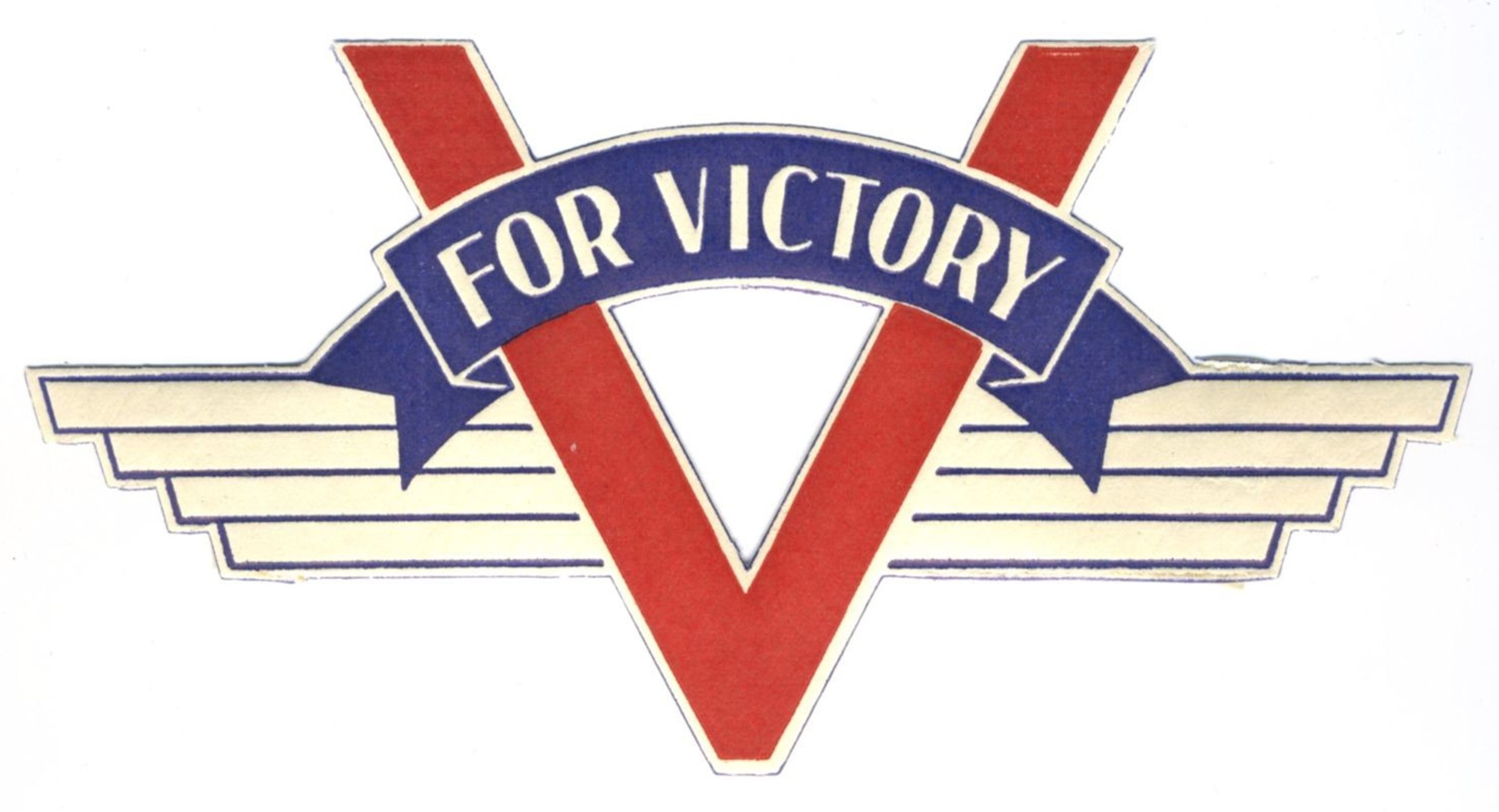When Wrigley’s Went to War
Wrigley’s, the largest producer and distributor of chewing gum in the world, was started by William Wrigley, Jr. in 1919. He passed it on to his son, Philip, in 1925. Headquartered in Illinois, the company’s slogan was “The Perfect Gum.” World War II arrived, and the famous chewing gum was chewed not only by civilians, but also reached the front lines, being vigorously chewed by soldiers, sailors, even generals, as a stress-reliever. If Wrigley’s had never “gone to war”, it might not still exist today.
Wrigley headquarters in Chicago.
Mr. Philip K. Wrigley himself.
When the bombing of Pearl Harbor sent us into war, the gum industry faced a dilemma. Wrigley’s had to convince Washington that their product was—in those official words— “essential to the war effort”. In 1941, chewing gum was a definite “peacetime product” and did not appear a necessity for victory. To survive, Wrigley’s needed to keep making gum; to keep making gum, it needed more sugar; and to get that sugar, it must jump the hurdles of rationing rules to prove gum essential. Gum was fifty-percent sugar, which was, of course, a rationed commodity. So, Philip K. Wrigley needed a “sugar priority” from Uncle Sam. Wrigley knew he could additionally score if gum could be linked to America’s fighting forces.
“Your delicious, inexpensive treat. Always ready to serve!”
Linking chewing gum with the fighting forces during WWII is one of the reasons Wrigley’s still exists today.
In order to convince the Washington people chewing gum was essential, the company got down to cases. Wrigley’s stopped its usual advertisements directed toward a peacetime people and focused on patriotic campaigns in the name of Wrigley’s. The company bought over $2 million in radio time for this very purpose. The Subsistence Research Laboratory of Chicago was enlisted to name the benefits of gum. The Laboratory found gum would relieve soldier’s thirst and keep their mouths moist. Gum would even substitute for cigarettes in no-smoke zones. And it could work to keep teeth clean. It may have been outrageous logic, but it worked; chewing gum was ruled essential in 1942. “Gum is a major necessity” announced Wrigley’s.
Yet another feat of the company’s was how fast it worked to link gum to the military. Wrigley’s not only supplied the chewing gum for K-rations, but the factory packed the rations as well. Factory workers inserted one stick of the popular Spearmint or Doublemint gum into each ration package. Although packing rations did not bring in any extra profit, it secured the future existence of the company and successfully hooked millions of servicemen on gum.
U.S. soldiers constantly handed out chewing gum to children, as these G.I.s are doing in Great Britain. “Got any gum, chum?” was an oft-heard request.
But the mint-flavored gum became a problem when it flavored the crackers also packaged in the rations. Mint gum soon had to be kept out of the rations unless packaged properly with cellophane. A solution arrived with the creation of the cinnamon Wrigley’s Army Gum, less likely to flavor food. (Thirty years later, civilians could purchase it as “Big Red”.) For G.I.s, chewing gum relieved wartime pressures. It went in the same category as cigarettes, as it could be easily carried and traded. The average serviceman chewed over 600 sticks of gum during the war. Even the generals took part: On one occasion in 1942 in North Africa, General Mark Clark was hiding from the enemy with British commandos. When one of the men began coughing, Clark offered the officer some gum to stop his coughing, and thus prevent the enemy from discovering their position. It could have been an advertisement for Wrigley’s: “I have been chewing it for two hours,” Clark remarked.
Wrigley’s gum was good for everything, it seemed.
Wrigley’s argued that chewing gum was beneficial not only for soldiers but for war workers. “To help your workers feel better—work better,” the company advised war plants, “just see that they get five sticks of chewing gum every day.” Gum increased factory productivity because chewing it reduced extra trips to the water fountain and smoking area. And it could freshen anyone’s breath in a jiffy, especially if he or she happened to be a smoker.
To rope in the younger women, Wrigley’s started featuring a set of ads using well-known actresses to promote their gum almost as a beauty product.
The Doublemint ads often featured “doubles” of celebrities. Ann Sheridan is seen here.
Wrigley’s never did so well as during World War II. Gum went from being an extra thing to a “necessity”. Everyone chewed it—not just the kids, the cabbies, and irreverent groups. It was now officially cemented into the popular culture. Gum-chewing was as American as apple pie and Coca-Cola. It was even an American characteristic. For instance, when American troops landed in Great Britain, the British young men tried to imitate the G.I.s—not only their carefree style, but the way they chewed gum. And as America saw it, if the boys overseas chewed it, then why not do it at home? Gum was now essential and patriotic.
The war had given the gum industry a great boost. Wrigley’s had “gone to war” with great success.
Photograph credits— ALL: Pinterest; MR. WRIGLEY: alchetron; “PUT HIM IN THE MOOD”: lanternmediahist.











WATCH: This video illustrates simply and instructively how to keep a job and be an invaluable employee.